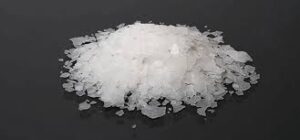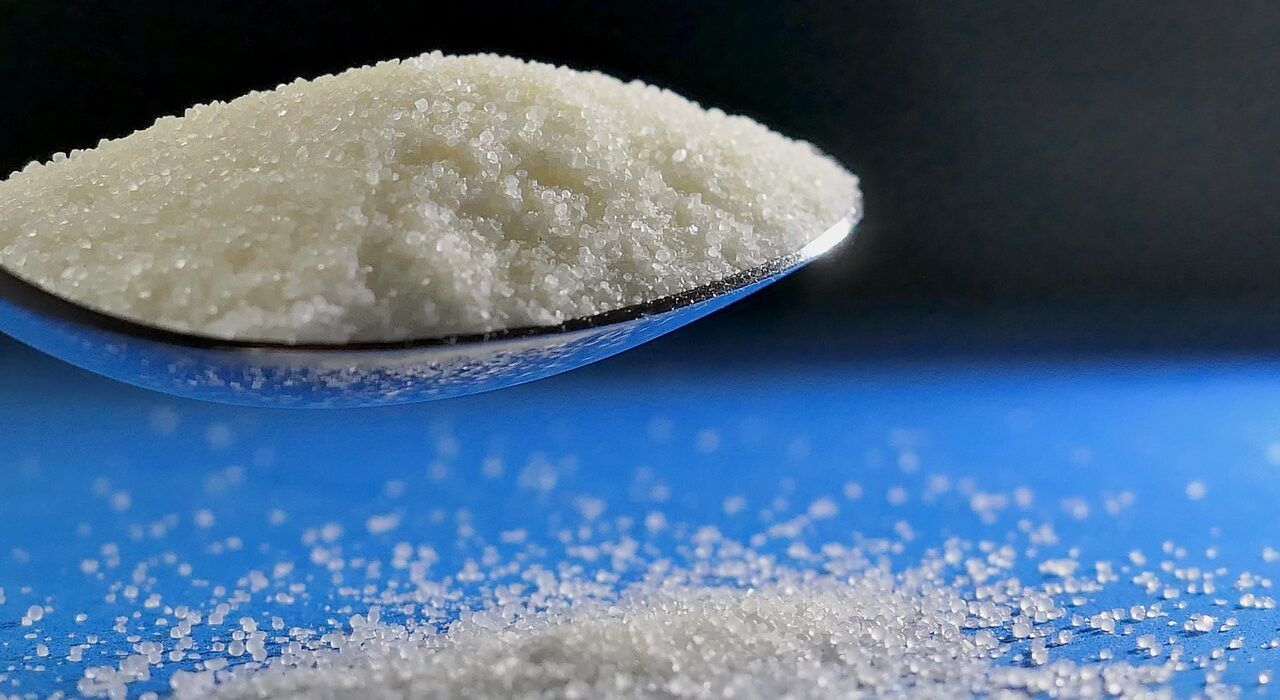Magnesium chloride is a versatile chemical compound with a wide range of applications across various industries. This overview provides a detailed look at magnesium chloride, covering its properties, production methods, uses, benefits, and safety considerations.
Basic Information of Magnesium Chloride
- Chemical Formula: MgCl₂
- Molecular Weight: 95.21 g/mol
- Appearance: White or colorless crystalline solid
- Solubility: Highly soluble in water, forming a clear solution
- Common Forms: Anhydrous magnesium chloride, magnesium chloride hexahydrate (MgCl₂·6H₂O)
Natural Occurrence
- Sources: Found naturally in seawater, salt lakes, and mineral deposits
- Minerals: Carnallite (KMgCl₃·6H₂O) and bischofite (MgCl₂·6H₂O)
- Seawater Concentration: Approximately 3.7% magnesium chloride

Production Methods of Magnesium Chloride
- Extraction from Seawater:
- Seawater is evaporated to leave behind salts, including magnesium chloride.
- Further purification removes impurities, yielding pure magnesium chloride.
- Mining:
- Extraction of minerals like carnallite and bischofite from salt lakes or underground deposits.
- Crushing and leaching processes to obtain magnesium chloride.
- Industrial Processes:
- Production as a by-product in the manufacture of potassium chloride.
- Electrolysis of magnesium chloride for magnesium metal production.
Uses and Applications
- De-icing and Dust Control:
- Commonly used on roads to melt ice and snow.
- Effective in dust control for unpaved roads and construction sites.
- Food Industry:
- Used as a firming agent in tofu production.
- Acts as a coagulant in making soy milk.
- Recognized as a food additive (E511).
- Pharmaceuticals and Health:
- Supplements for magnesium deficiency.
- Topical applications for muscle relaxation and pain relief.
- Used in some laxatives.
- Industrial Applications:
- Involved in the production of magnesium metal.
- Component in the manufacturing of cement and fertilizers.
- Used in paper production as a sizing agent.
- Water Treatment:
- Helps in removing impurities and softening water.
- Agriculture:
- Improves soil quality and provides essential nutrients to plants.
Benefits of Magnesium Chloride
- Environmental:
- Non-toxic and environmentally friendly.
- Helps in reducing soil erosion and stabilizing unpaved roads.
- Health:
- Essential mineral for human health, involved in over 300 biochemical reactions.
- Supports cardiovascular health, bone strength, and metabolic functions.
- Industrial Efficiency:
- Enhances the quality and durability of construction materials.
- Improves production efficiency in various manufacturing processes.
Safety and Handling
- Hazards:
- Generally considered safe, but high concentrations can cause skin and eye irritation.
- Ingestion in large amounts can lead to gastrointestinal issues.
- Storage:
- Should be stored in a dry, cool place to prevent moisture absorption.
- Keep in tightly sealed containers to maintain quality.
- First Aid Measures:
- In case of skin contact: Wash with soap and water.
- In case of eye contact: Rinse thoroughly with water.
- If ingested: Seek medical attention if large quantities are consumed.
Environmental Impact
- Biodegradability:
- Magnesium chloride is naturally occurring and biodegradable.
- Breaks down into magnesium and chloride ions, which are commonly found in the environment.
- Ecotoxicity:
- Low ecotoxicity, making it safe for use in environmental applications like dust control.
- Water Solubility:
- High solubility means it can disperse easily in water, minimizing localized environmental impact.
Market and Economic Aspects
- Global Production:
- Major producers include China, Russia, the United States, and Israel.
- Demand is driven by its wide range of applications across different industries.
- Economic Importance:
- Vital component in the chemical and pharmaceutical industries.
- Contributes to the agriculture and construction sectors.
Recent Developments
- Research and Innovation:
- Ongoing research into new applications and improved production methods.
- Innovations in using magnesium chloride in eco-friendly construction materials.
- Market Trends:
- Increasing demand for environmentally friendly de-icing agents.
- Growing use in health supplements and pharmaceuticals.
Conclusion
Magnesium chloride is a multifaceted compound with significant benefits and applications. Its natural abundance, versatility, and safety make it an invaluable resource across various industries. Whether used in road maintenance, food production, pharmaceuticals, or agriculture, magnesium chloride continues to play a crucial role in modern life, contributing to both economic and environmental well-being.




